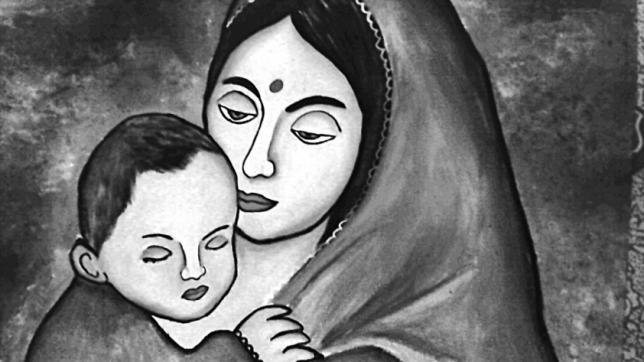A new film by the enfant terrible of Russian theatre — who is under house arrest in Moscow — received a standing ovation and rave reviews Thursday after it was shown at the Cannes film festival.
The cast of Kirill Serebrennikov’s “Leto”, a biopic of the Soviet-Korean rock legend Viktor Tsoi, were cheered as the movie premiered at the world’s top film festival.
Influential US critic David Ehrlich of the IndieWire website called it “a sort of ’24 Hour Party People’ for the early 1980s Leningrad underground rock scene”.
“Exuberant, shapeless, gorgeous long-takes galore, a ‘psycho killer’ singalong, the end of an era. I dug it,” he tweeted of the movie, which features music by Lou Reed, David Bowie and Blondie and animated sequences woven into the black-and-white film.
Festival director Thierry Fremaux had earlier held up a white placard with Serebrennikov’s name as the cast climbed the steps of the red carpet to the cinema.
A seat was left symbolically empty inside for the filmmaker, who has been under house arrest on embezzlement charges since last August.
He has dismissed the charges as “absurd” and his supporters see them as political.
At a packed press conference Thursday, producer Ilya Stewart blasted Serebrennikov’s arrest while the film was still being made as “ridiculous”, but thanked the festival and movie critics for their full-throated support.
“It’s bittersweet obviously because… Kirill being free would be much better than all of this but there’s been huge support from the West,” he said.
“There’s also been huge support from Russia, it’s important to note, a big cluster of liberally minded people are as outraged by the situation, and it’s a national discussion (now) in Russia.”
Serebrennikov’s detention has sent shockwaves through the Russian arts world.
The 48-year-old has revolutionised Moscow’s theatre scene with radical stagings of new plays and by reinventing classics.
He has also won prizes at the Cannes and Rome film festivals, while his 2012 film “Betrayal” was nominated for the prestigious Golden Lion at Venice.
– Putin: ‘I can’t help’ –
Although he has never openly criticised Russian President Vladimir Putin, Serebrennikov has attacked the growing pressure being put on artists in Russia to conform.
“Leto”, which means summer, is in the running for Cannes’ top prize, the Palme d’Or.
It tells the story of Tsoi, whose songs are seen in Russia as anthems of the late 1980s Perestroika era.
Stewart, the producer, said the movie was a clear commentary on freedom of expression in today’s Russia.
“Anything Kirill does in his work whether it’s ballet, theatre or any of his films, regardless of it being a period film or not, is about today,” he said, adding that the film was set for a June release in Russia.
The actor who plays Tsoi, German-born Korean Teo Yoo, said he hoped the cry for freedom by the film’s youthful rockers — who dodge official repression to live out their dreams — would echo around the world.
“I hope young get inspired by the film and that no form of oppression (will) hold them back to be creative,” he told reporters.
Both the festival and the French government had pleaded with Moscow to allow Serebrennikov to travel to Cannes for the screening.
Fremaux said Putin had told the festival that “Serebrennikov has problems with the judiciary of our country. I would have loved to help but the courts are independent.”
Russian conservatives were outraged when Serebrennikov was allowed to direct a ballet about legendary gay ballet dancer Rudolph Nureyev at the Bolshoi.
Nikita Mikhalkov, a powerful Oscar-winning film director with close Kremlin links, said Serebrennikov should not have been allowed “to hang Nureyev’s cock” in the country’s most important theatre.
This was a reference to the production’s use of a famous full-frontal nude photograph of the dancer by Richard Avedon.
Serebrennikov is one of two directors competing for the Palme d’Or who has been banned from travelling to the festival.
Dissident Iranian director Jafar Panahi is also barred from leaving his homeland for supporting pro-democracy activists after the “stolen election” of 2009.



